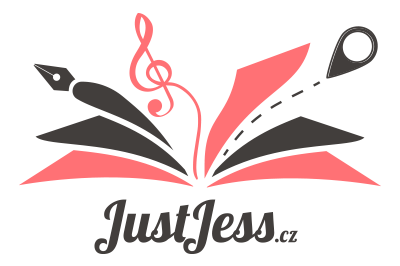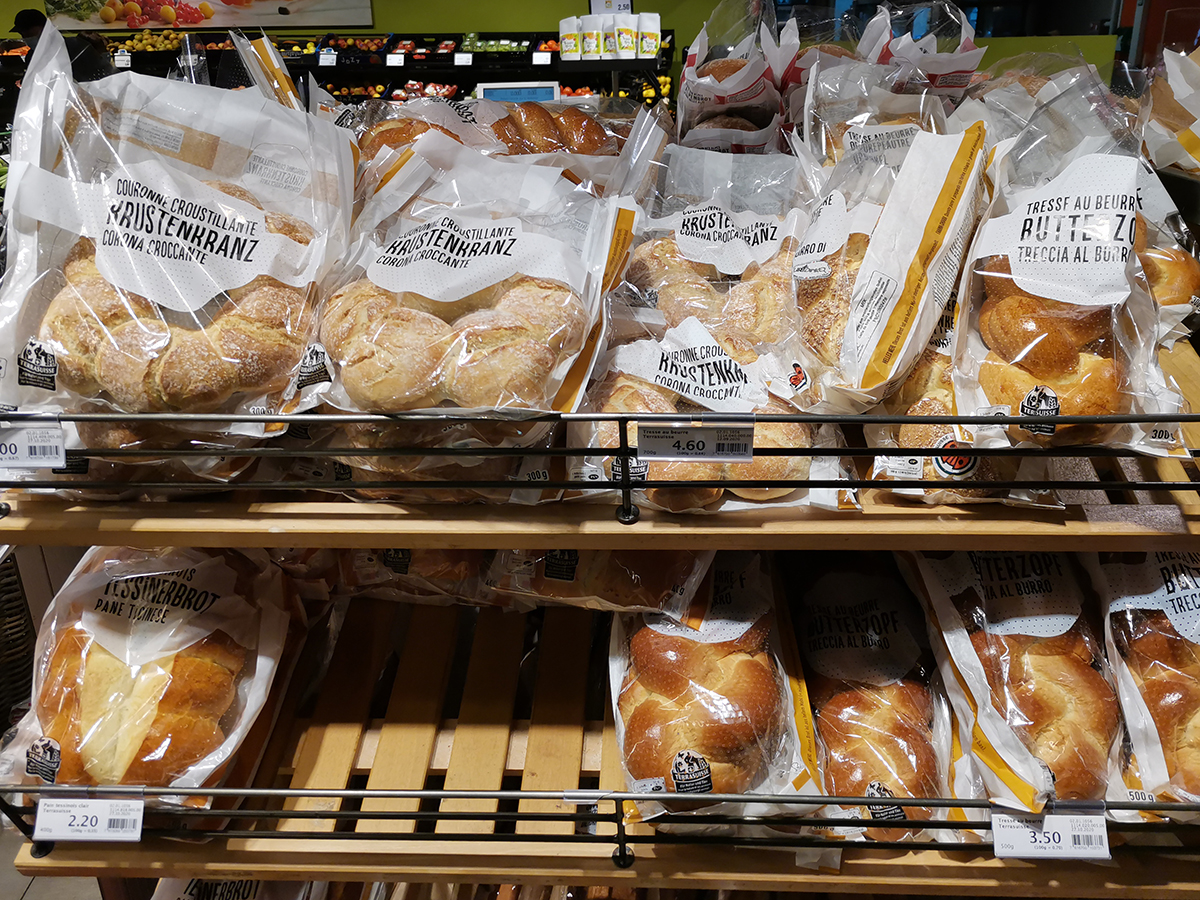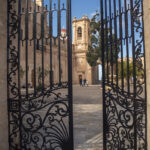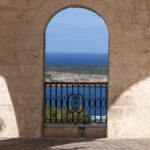The first month in my new home country ran fast. Before I knew it, it was the second part of september and time for me to look back and most of all, to count. Because I needed to know how I am doing with living on a budget in one of the most expensive countries in Europe.
I feel like I need to explain things first. Because many of my friends, who heard that I am going to work in Switzerland, were like: “Oooh, Switzerland! You are going to have a lot of money!” But that’s not how it works. Maybe my readers know this, but I found that it is not common knowledge, so let me tell you again: Au-pair doesn’t really get a salary, she is living on pocket money. It means that the family she/he works for takes care of them, pays many things including food, some insurances and language courses, but they are not giving the real salary. It’s pocket money. And the pocket money of an Au-pair is low next to real salary incomes of people actually working in Switzerland. But the family is paying a lot of expenses for them and the Au-pair works max. 30 hours a week, so it is a fair-trade.

But the truth is, being an Au-pair in Switzerland means living on a budget. When I first came here, I knew I probably won’t be able to save, because this country is crazy expensive. But after one month I finally started to realize just how much. It’s drogery, services, train tickets but first of all… its food.
I said that the host family is paying the food for their Au-pair. Well in my case it is not entirely true, because I don’t live with the family. I eat with them when I am in the house, I know I can take anything in a fridge, but on breakfasts, half of dinners and my free days I am on my own expenses. It’s not a bad thing, because living in a separate flat is really a great bonus. And other Au-pairs have to pay half of their insurance, which I don’t. So in the end, I am left with more or less the same money as every other Au-pair. I just needed to figure out how to work with this amount of money effectively.
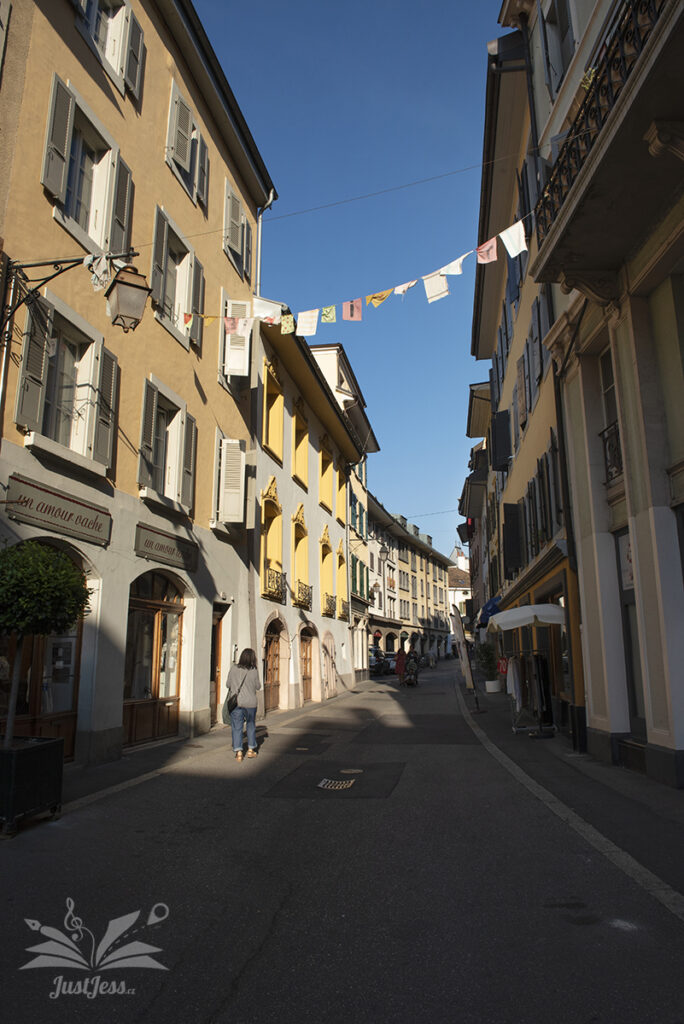
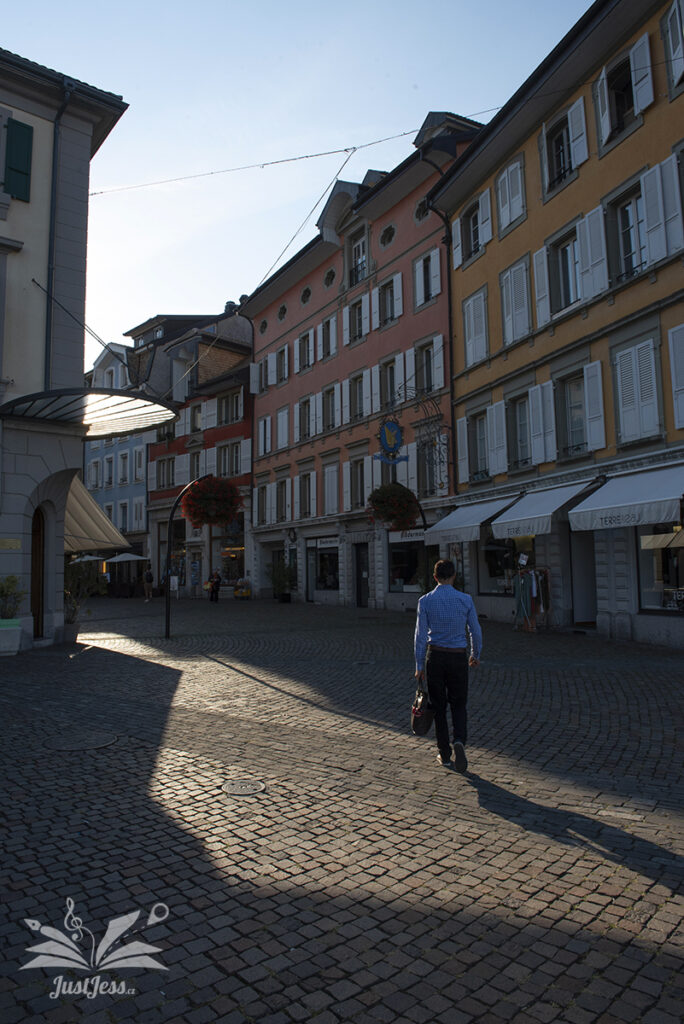
At first, I’ve been struggling with food, ofcourse. Finding things I will like to eat was a mission for the entire month. Not because food in Switzerland would be bad, but because I was constantly checking price tags. Which is something I definitely shouldn’t have done, because constantly counting just how much it is in Czech Koruna was making me reasonably sick. For explanation in 2020, one Swiss Franc was twenty-four Czech Koruna on the average.
Hardest thing about food was probably finding the right pastry. Because in Switzerland they don’t have the same bread as home and rolls simply do not exist. Almost everything here is some kind of baguette and it took me almost a month to pick up the right one, which will not be stone hard after one day. And to tell you the truth, after the first week I never bought classical french baguette again. In the end I ended up buying “Pain tessinois clair Terrasuisse” which costs circa 2 francs and lasts the longest. It tastes like Czech rolls.
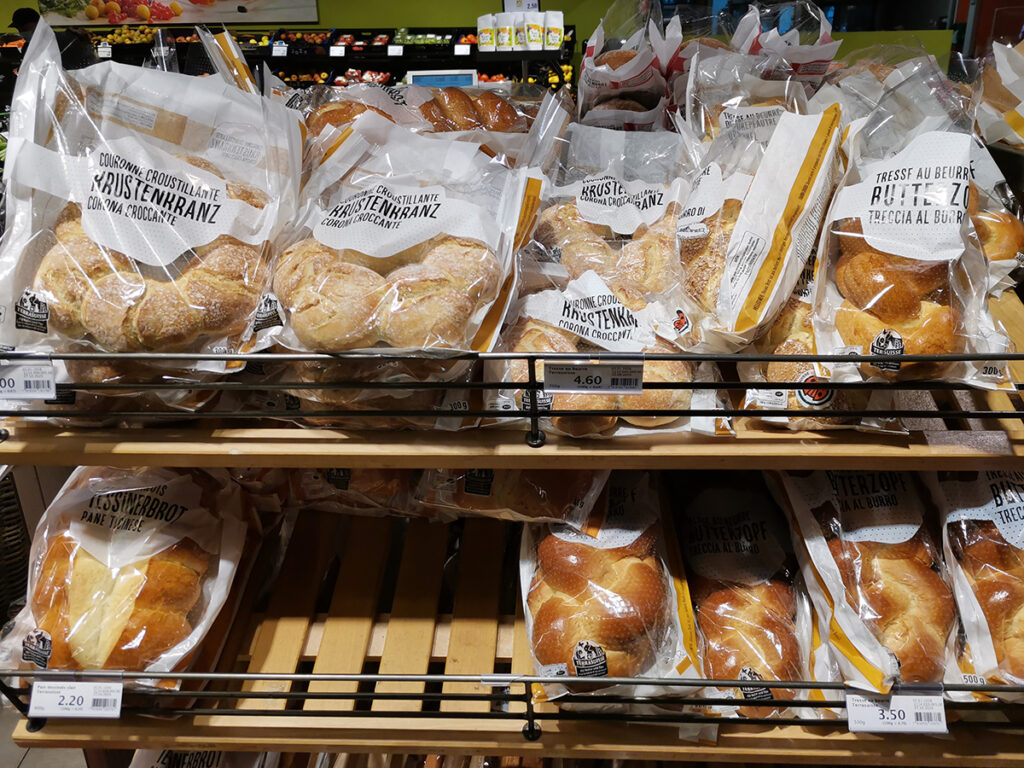
The situation was better with yogurts, because practically every single one I tried was tasty, even if it was one of the cheapest. Cheapest yogurts cost from 0,80-1 francs which is a price more or less the same as in Czechia. But I must admit that the quality is definitely different – much better. I think I’ll be right if I say that all the milk products here have higher quality than back home. What they call “light milk” would be considered full-fat in the Czech Republic. And I have to admit that my stomach had a hard time adjusting to it.
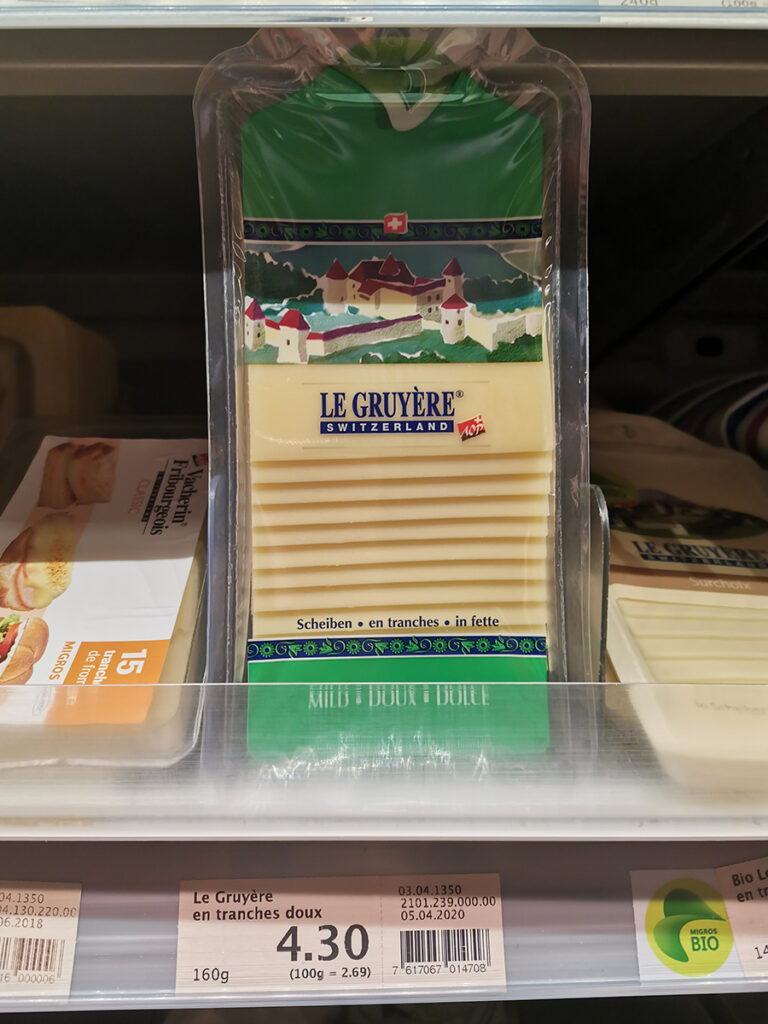
The big topic in Switzerland is cheese. The most commonly eaten in the area is Le Gruyère which comes originally from an area of Gruyères. The town is approximately an hour drive from Vevey and I am definitely going to visit the area in the future. But it’s also very common to buy italian Grana Padano. Both of them can be bought in grated, sliced or block form. Block of cheese like that costs around 4,50 francks for 250 grams.
I mentioned earlier that meat is extremely expensive in Switzerland. It is visible on prices of ham, salami, sausages but of course meat itself. Sure, you can buy extremely cheap chicken ham for 3 francs but most likely you will come across a pork ham that costs from 4-10 francs. The price for chicken breasts is similar. From 8-12 francs for 250 grams. I won’t even mention the price tags of pork, beef and fish. But I found that the cheapest meat is actually ground beef which can cost even 6 francks for half a kilo. It is a price for meat of a shop brand but the quality is excellent. I love buying it for bolognese or even burgers. Cheap and excellent!
But the price tags of meat are the reason I mostly go by pre-prepared meals as filled pasta or Rösti. If these get into action it lowers expenses a lot. But it’s not that I can eat it all the time. I buy meat from time to time. But mostly ground beef because of the price. If I should buy chicken, pork or fishes regularly my pocket money would be gone very soon.
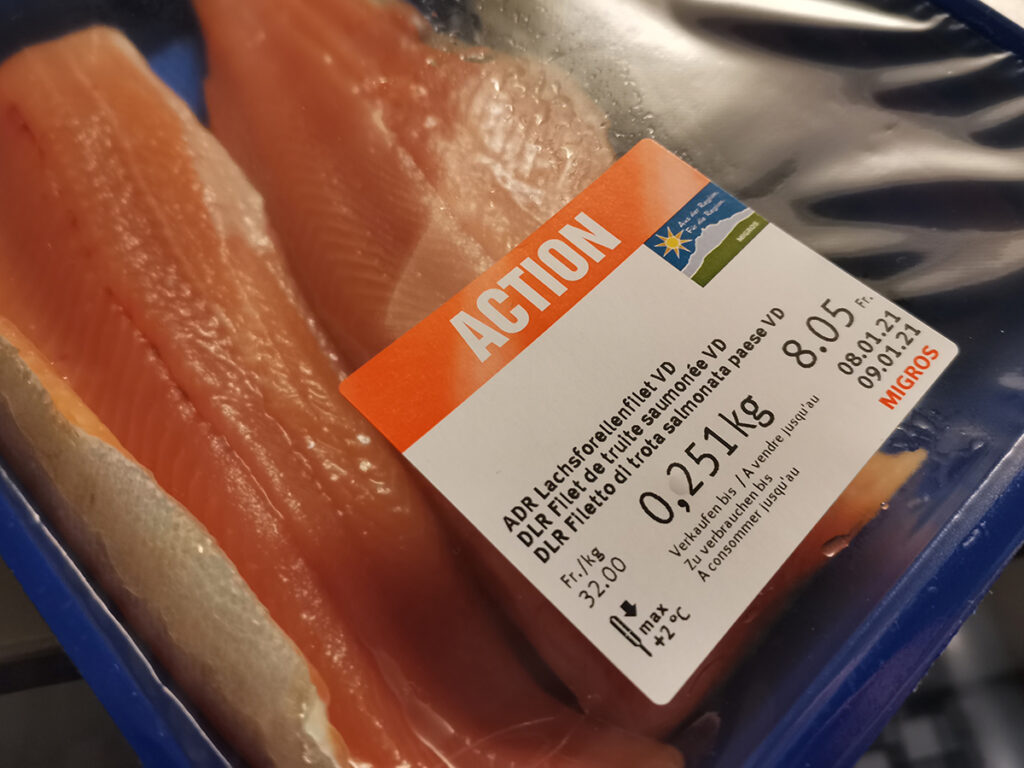
What I found financially available is vegetables and fruits. It’s not that it’s cheap, but next to everything else the price is good. Cucumber, zucchini or pepper can be bought under 2 francs per kilo. And a kilo of Gala apples up to 3 francs. Which makes vegetables and fruits the lowest price items on the final bill. And 90 percent vegetables and fruits are bio quality simply because everything here just needs to be bio. I guess it’s a standard.
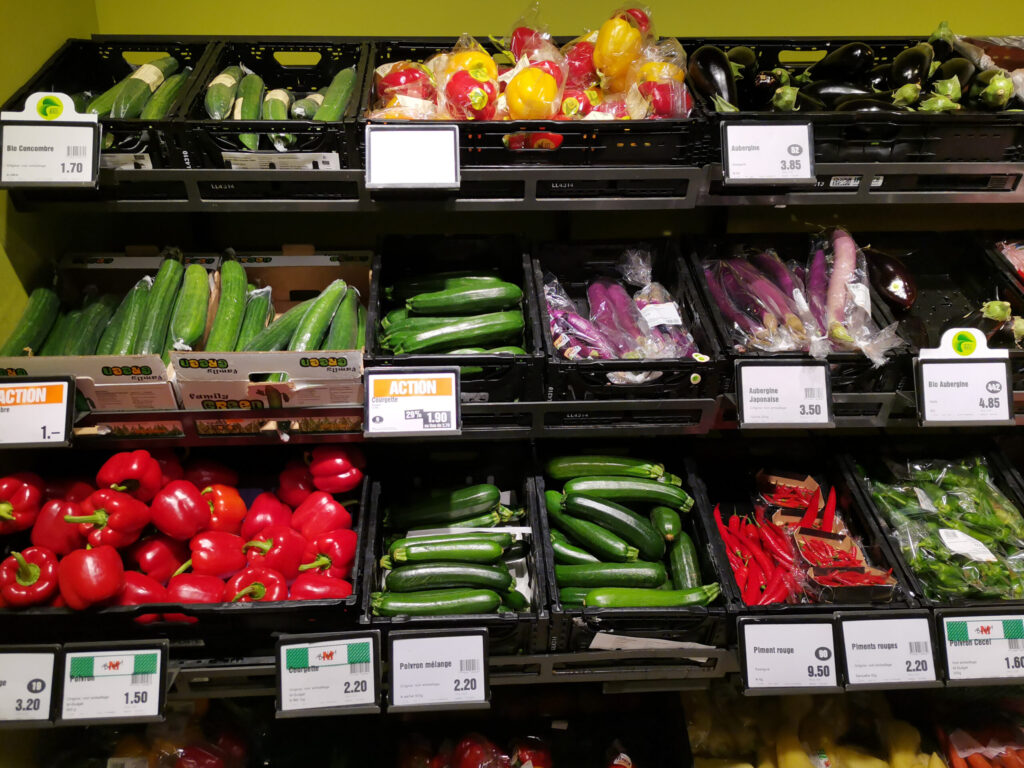
To tell you the truth, I figured that cheapest things in Switzerland cost up to 5 francks. Shampoo, toothpaste, shower gel, cheese, ham, bread, chocolate… can be all bought up to 5 francks. But you can also buy these things in much more expensive form. Depends on what you are searching for and if you want to pay more for a quality. But as I am mostly buying things up to 5 francks I can honestly tell you that these are high quality products that will keep your belly full and happy.
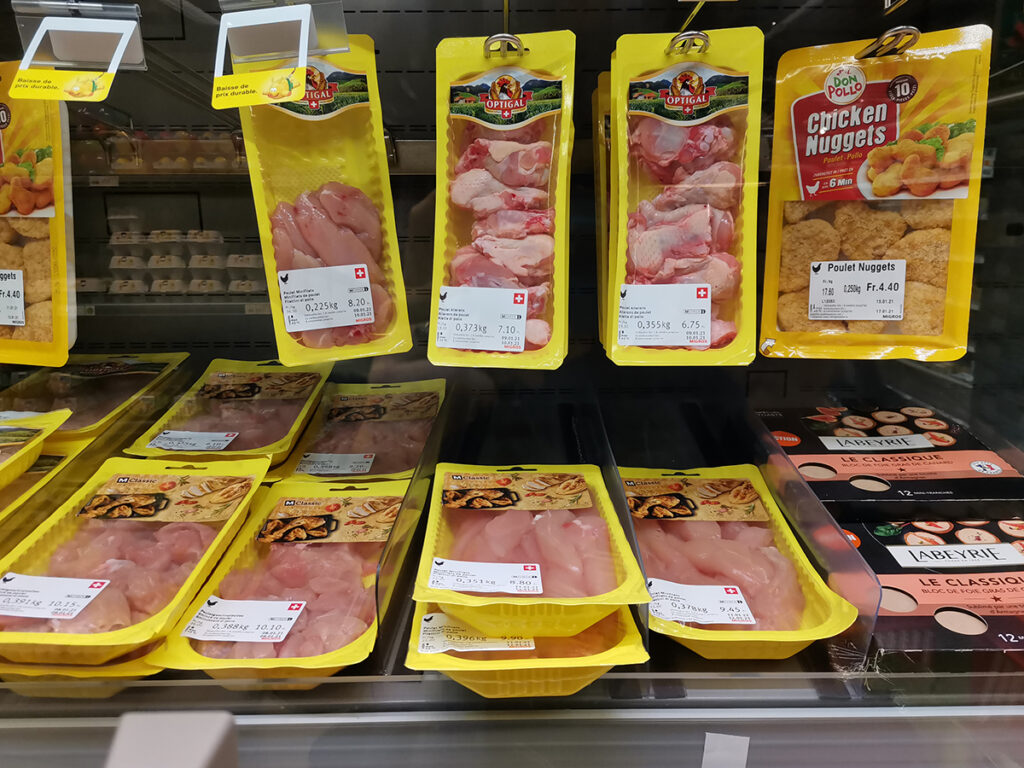
To underline and sum up, I counted that my food and drogery expenses goes from 250-300 francks a month. If I will not hold myself back too much and I’ll buy myself something sweet (or meat) from time to time. But again that it’s not all food. Just breakfasts and lets say half of the rest of the meals. If I wasn’t eating with the family half of the time, it would be much, much more.
So that’s how my first month ended. With counting the money, planning other trips and also lying in my bed. Because my every year bronchitis got to me and I had no other choice but to stay in my bed. Even when I had the long weekend because of the national holiday. I had to leave exploring for another time and get better.
